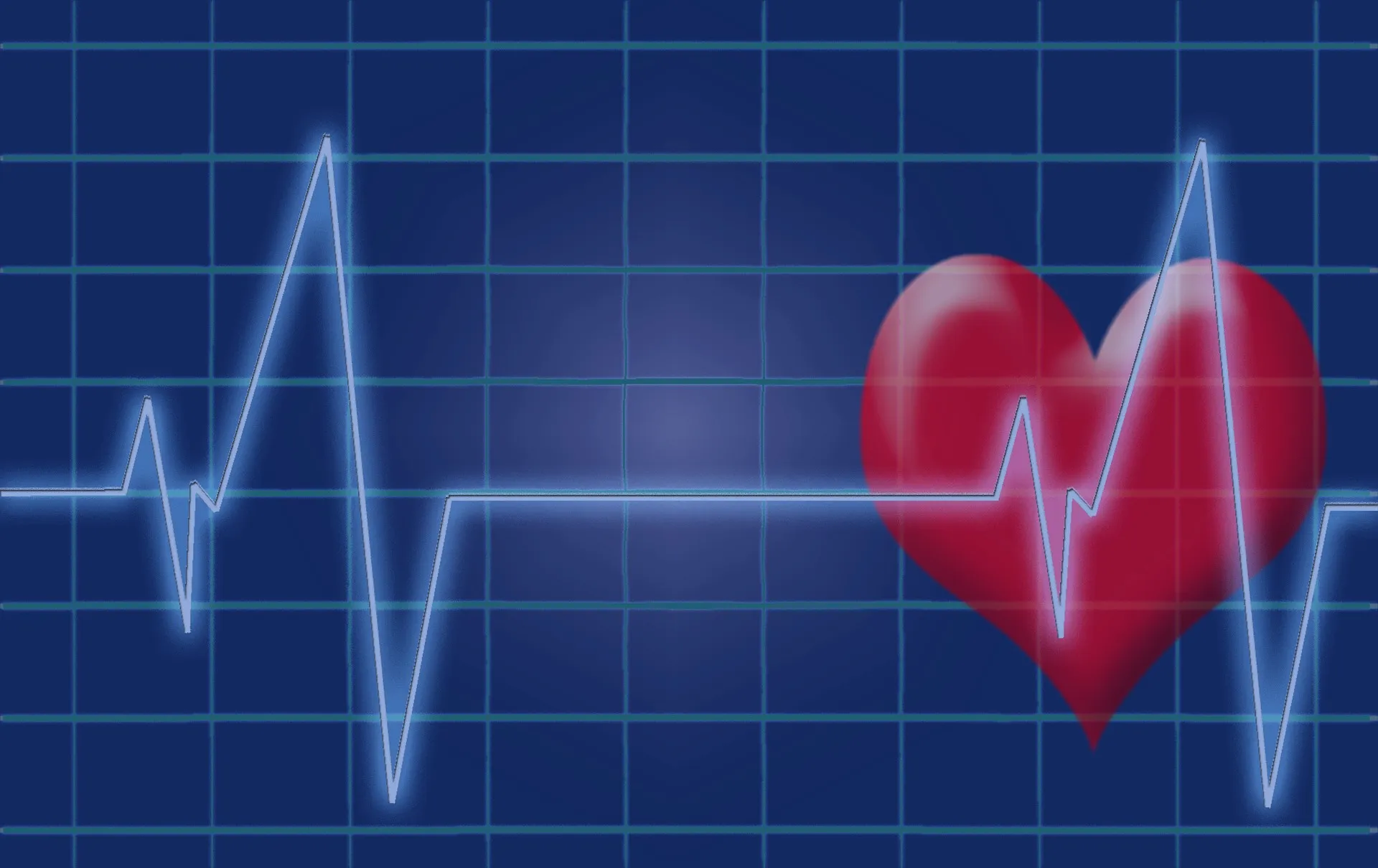Heart Failure is a serious condition where the heart isn’t able to pump blood as well as it should. This can lead to symptoms like feeling out of breath and tired, as well as swelling and abnormal sounds in the body. It’s a big problem around the world, affecting over 20 million people. It’s more common as people get older, with 6-10% of those over 65 affected.
In India, it’s a major concern, with estimates ranging from 1.3 million to 4.6 million people affected. Heart Failure can be caused by many things, like heart disease, high blood pressure, and diabetes. Other factors include heart muscle diseases, certain medications, lung diseases, and aging.
Rheumatic heart disease and heart disease from blocked arteries are major causes in India. Heart Failure starts with something damaging the heart or affecting its ability to pump blood properly. It usually gets worse over time, and people may not have symptoms until it’s been happening for a while.
Some Basic Mechanisms of Heart Failure
Heart Failure with Reduced Ejection Fraction (HFrEF) happens when the heart can’t pump blood as well as it should, shown by a lower-than-normal ejection fraction. This condition shows how important the heart is for blood flow and how tough it is to deal with its effects on people’s lives.
Changes in HFrEF include things like heart muscle getting bigger, changes in cells, and problems with how the heart gets energy. Hormones in the body can trigger these changes.
Heart Failure with Preserved Ejection Fraction (HFpEF) is different. Here, the heart can still squeeze, but it struggles to relax properly, making it hard to fill with blood. It’s a puzzling type of heart failure that’s becoming more common.
Clinical Manifestations
In the early stages, you may only feel short of breath when you’re active, but as the disease gets worse, you might feel short of breath more often. Orthopnea is when you have trouble breathing when lying down, and it usually happens later on.
Paroxysmal Nocturnal Dyspnea (PND) is a term used for sudden, severe shortness of breath and coughing that often happens at night. Cheyne-Stokes Breathing, seen in about 40% of advanced HF patients, is when your breathing pattern changes, with periods of fast breathing followed by slower breathing or even pauses.
Other symptoms can include stomach problems like loss of appetite, nausea, and feeling full quickly, which may be caused by fluid buildup in the stomach or liver. Sometimes, you might also have trouble thinking clearly, feeling confused, or having trouble sleeping or feeling moody. Needing to pee a lot at night is common in Heart Failure too.
Warning Signs and Symptoms
Shortness of Breath, Persistent Cough or Wheezing, Build Up of excess fluid in body tissues(edema), Tiredness(Fatigue), Lack of appetite, nausea, confusion, Increased Heart Rate, Weight Changes.
Diagnosis
Echocardiogram, ECG, Chest Xray, Cardiac Biomarkers (NT-proBNP)
HOW TO TAKE CARE OF YOUR HEART !
Eat a heart healthy diet- diet consisting of a combination of different foods including fruits, vegetables, whole grains, legumes and nuts. Cut down on salty meats as well as salty food. Avoid the consumption of processed, canned, and fast food.
Replace sweetened snacks such as doughnuts, cookies, and the like with fresh fruit and vegetables and if thirsty, substitute sweetened beverage sodas and sweetened juices with water. Reduce the amount of Saturated Fats which is found in red meat, full-fat dairy products, palm oil and coconut oil. Reduce Trans fat, which is found in some fried fast food, chips and baked goods.
Lose Weight- Overweight and obesity is defined as a BMI of 25 and Above. Being overweight is associated with a higher risk for developing cardiovascular disease.
Increase regular physical activity to at least 2.5 hrs per week- Physical activity contributes to improved blood pressure, improved levels of cholesterol and other blood lipids, and weight control.
Some physical activity is better than none. Inactive people can start with small amounts of physical activity (even as a part of their normal daily activities) and gradually increase duration, frequency and intensity.
Don’t Use Tobacco- Tobacco use and exposure to second-hand smoke are harmful to your heart. Quitting tobacco use is the biggest gift of health you can give your heart and has immediate and long-term health benefits, including living up to 10 years longer
Avoid use of Alcohol- Alcohol consumption has been linked to more than 200 disease and injury conditions, including cardiovascular diseases.
Have your blood pressure and blood sugar checked regularly- An important way to maintain a healthy heart is for your blood pressure and blood sugar to be checked regularly by a health worker.
Get Quality Sleep- People who don’t get enough sleep have a higher risk of obesity, high blood pressure, heart attack, diabetes and depression. Most adults need at least seven hours of sleep each night. Children usually need more.
Get Regular Health screening tests- like Blood Pressure monitoring , Cholesterol Levels, Blood glucose monitoring. These all are very important after a certain age (in general above 40 years).
“The greatest wealth is health, and a healthy heart is the central essence of this wealth”
By Fizah Hamid, MBBS Graduate






